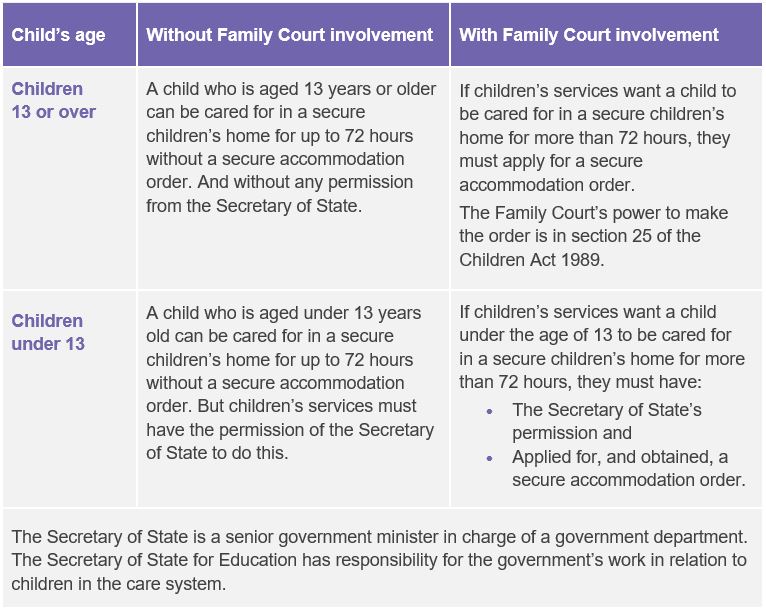By phone or email
To speak to an adviser, please call our free and confidential advice line 0808 801 0366 (Monday to Friday 9.30am to 3pm, excluding Bank Holidays). Or you can ask us a question via email using our advice enquiry form.
Are you a parent, kinship carer relative or friend of a child who is involved with, or who needs the help of, children’s services in England? We can help you understand processes and options when social workers or courts are making decisions about your child’s welfare.
Our advice service is free, independent and confidential.

To speak to an adviser, please call our free and confidential advice line 0808 801 0366 (Monday to Friday 9.30am to 3pm, excluding Bank Holidays). Or you can ask us a question via email using our advice enquiry form.
Our online advice forums are an anonymous space where parents and kinship carers (also known as family and friends carers) can get legal and practical advice, build a support network and learn from other people’s experiences.
Our get help and advice section has template letters, advice sheets and resources about legal and social care processes. On Monday and Thursday afternoons, you can use our webchat service to chat online to an adviser.

Depriving a person of their liberty involves the state restricting that person’s freedom in some way. Anyone can be deprived of their liberty, including children.
A deprivation of liberty involves a restriction on the child’s freedom. It can involve:
The restriction will amount to a deprivation of liberty if it is different to a restriction a parent or carer might impose when caring for a child of a similar age.
For example, confining a baby to one room so they can be kept safe and be supervised by their parent is unlikely to be depriving them of their liberty. But doing this to a 15-year-old is likely to be.
There are different ways a child may come to be deprived of their liberty. For example:

Different ways children’s services can arrange for a child to be cared for in a secure children’s home – text description
A child who is aged 13 years or older can be cared for in a secure children’s home for up to 72 hours without a secure accommodation order. And without any permission from the Secretary of State.
If children’s services want a child to be cared for in a secure children’s home for more than 72 hours, they must apply for a secure accommodation order. The Family Court’s power to make the order is in section 25 of the Children Act 1989.
A child who is aged under 13 years old can be cared for in a secure children’s home for up to 72 hours without a secure accommodation order. But children’s services must have the permission of the Secretary of State to do this.
If children’s services want a child under the age of 13 to be cared for in a secure children’s home for more than 72 hours, they must have:
Note:
The Secretary of State is a senior government minister in charge of a government department. The Secretary of State for Education has responsibility for the government’s work in relation to children in the care system.
Updated August 2025

Your donation will help more families access expert legal advice and support from Family Rights Group.
Donate Now